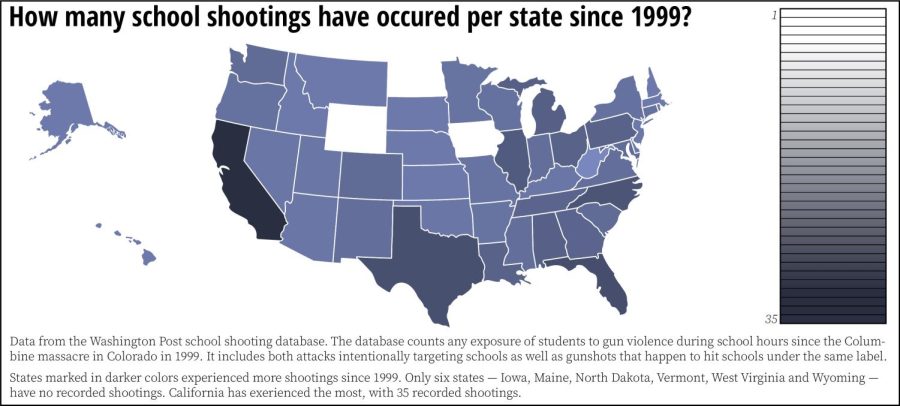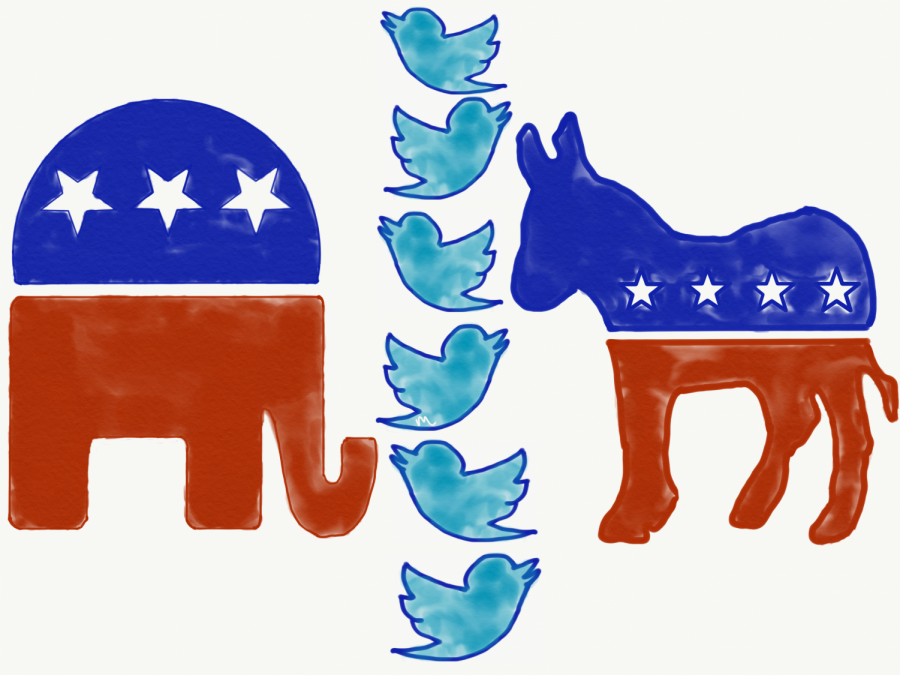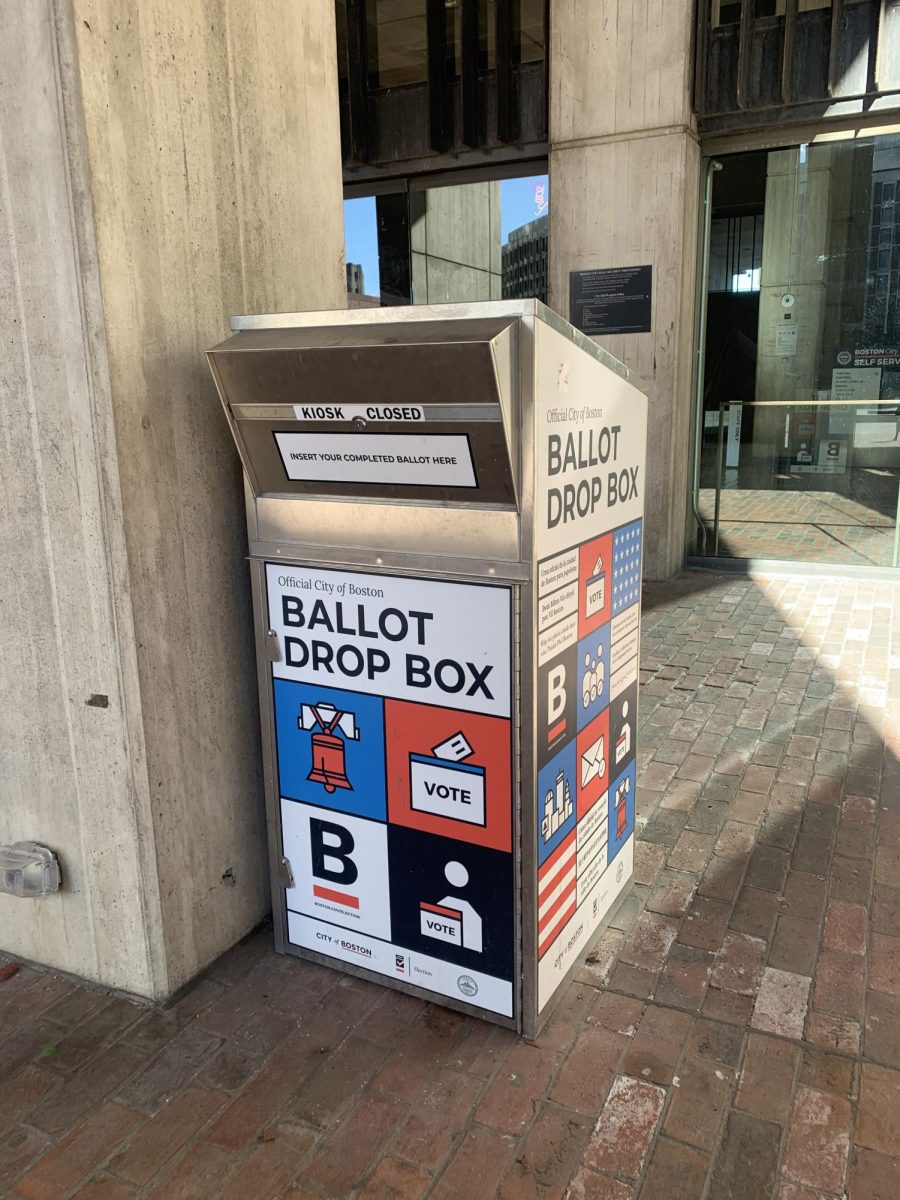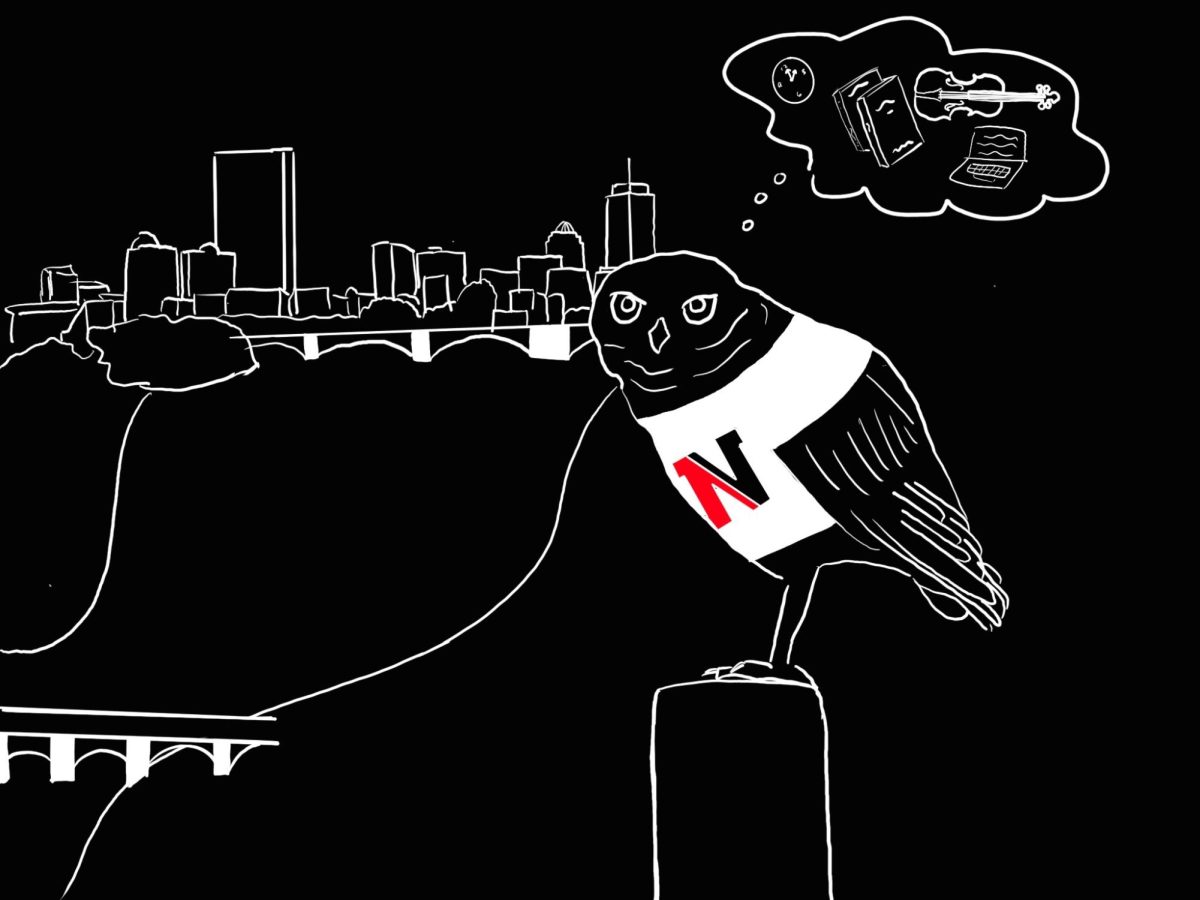By Alex Frandsen, editorial columnist
Just over a week ago, in a meeting with the New York Times, President-elect Donald Trump was asked about his affiliation with the “alt-right.” If, like the rest of us, you had to suffer through the election slog of 2016, the term is at least vaguely familiar. Used to label an extreme white nationalist wing of the conservative party, its rise has been inextricably linked to the ascendance of Trump.
The president-elect claims to want nothing to do with it. But no matter how much Trump wishes it, there is no separating his presidency and the alt-right. He made as much clear when he appointed Steve Bannon as a chief strategist and senior adviser. Bannon runs the Breitbart News media empire and has been very blunt about his outlet’s purpose. He declared it “the platform for the alt-right” just a few months ago.
The alt-right’s jump into the mainstream of politics has created a conundrum in the media world. Do publications use the term “alt-right” and risk obscuring the true characteristics of the group — misogyny, racism, xenophobia, to name a few? Or do they banish the word altogether?
Many Americans are ready to see the phrase go. After the Washington Post profiled a leader in the alt-right movement, hundreds of comments poured in from readers begging the Post to call it like is, and just say “racists” or “white nationalists” instead.
The sentiment is understandable — using the term alt-right could normalize a disturbing set of beliefs and allow racism a (thin) veil. But the appropriate course of action in dealing with the term shouldn’t be cutting it out of our lexicon altogether. Instead, we should continue using it, and make absolutely sure that with every usage, it is defined accurately. An example: “The alt-right, a misogynistic, white nationalist, xenophobic group of conservatives, is rising in prominence.”
This way, the word doesn’t obscure the group’s vile roots. Instead, it becomes synonymous with them. Just like “Nazi” has become a taboo word in politics, so should the term alt-right. If it is constantly tied to its defining characteristics, then people will forever link the two together mentally. To stop saying “alt-right” robs the phrase of its seriousness. The group is dangerous and demented and should be dealt with as such. We cannot sweep it under the rug. We must force it into the sunlight and watch it shrivel.
Figuring out how to deal with the label is the easy part. The more complicated matter is figuring out how the media should cover the movement as a whole. Here, the coverage needs to hit a tricky balance: The alt-right should be covered when warranted, as it is a real force that helped propel our next president to the White House, but it cannot be discussed in excess. The temptation to do the latter is very real. The group’s extreme views make it grotesquely fascinating to the general public, and there’s a certain undeniable shock appeal. But if the coverage of the alt-right outweighs its real influence, then media outlets are doing nothing more than giving the racists and misogynists a bullhorn to disseminate their views.
Reporters are often driven by a desire to be objective and fair. We’re all taught that in our very first class at journalism school, and it permeates through the rest of our careers. Being fair does not mean covering all sides equally all the time, though. It means keeping a perspective and distributing coverage in proportion. So sure, publications can use the term “alt-right” and write stories about alt-right events. They simply must also remember what the movement is: A bunch of bigoted people hungering for their own pale nation. They can’t ever forget that, and they have to make sure their readers don’t, either.



















